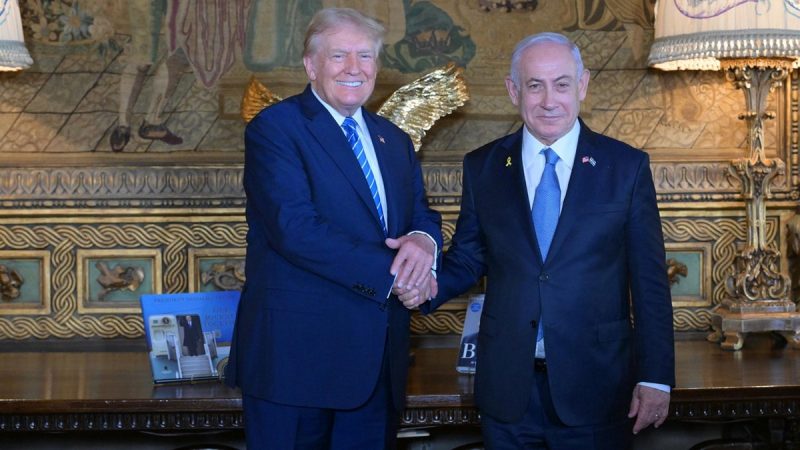In the realm of international politics, recent developments have unfolded involving the United States and Israel’s Prime Minister Benjamin Netanyahu. The International Criminal Court (ICC) issued a warrant for Netanyahu’s arrest due to war crimes allegations. In response, the United States, led by President Donald Trump, is looking to impose severe sanctions on the ICC, which have been described as suffocating by critics.
The situation has sparked outrage among various global players, with concerns raised about the implications of such actions on international diplomacy and the rule of law.
President Trump’s administration’s move to impose stern sanctions on the ICC has raised eyebrows and drawn criticism from various quarters. Critics argue that such sanctions may be viewed as an attempt to shield Netanyahu and undermine the ICC’s authority and independence.
The timing of these events is significant, given the upcoming U.S. elections and the noteworthy role that foreign policy decisions play in shaping electoral outcomes. The move to target the ICC could be seen as a strategic maneuver to bolster Trump’s image among pro-Israel constituents and rally support ahead of the elections.
Moreover, the proposed sanctions on the ICC have wider implications for international justice and accountability. By targeting an international body tasked with investigating and prosecuting war crimes, the United States risks setting a precedent that undermines efforts to uphold human rights and enforce international law.
Furthermore, the controversy surrounding the ICC and Israel adds another layer of complexity to the already strained relations between the U.S. and other countries in the global arena. The move threatens to further isolate the United States and weaken its standing as a key player in international affairs.
In conclusion, the United States’ decision to impose severe sanctions on the ICC in response to the arrest warrant issued against Benjamin Netanyahu has sparked a heated debate both domestically and internationally. The implications of these actions extend beyond the immediate context of U.S.-ICC relations and raise broader questions about the role of international institutions in upholding justice and accountability on the global stage.
